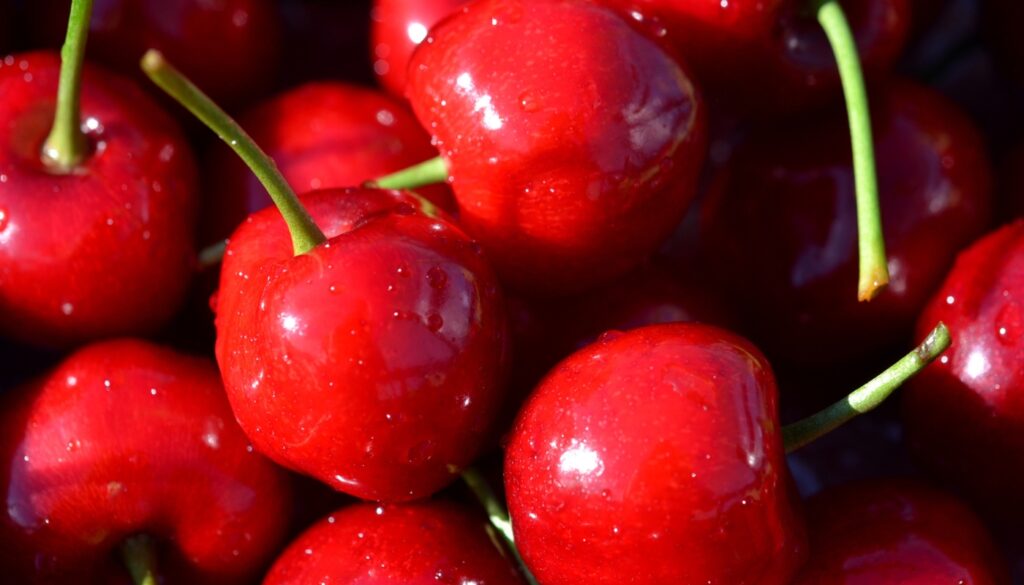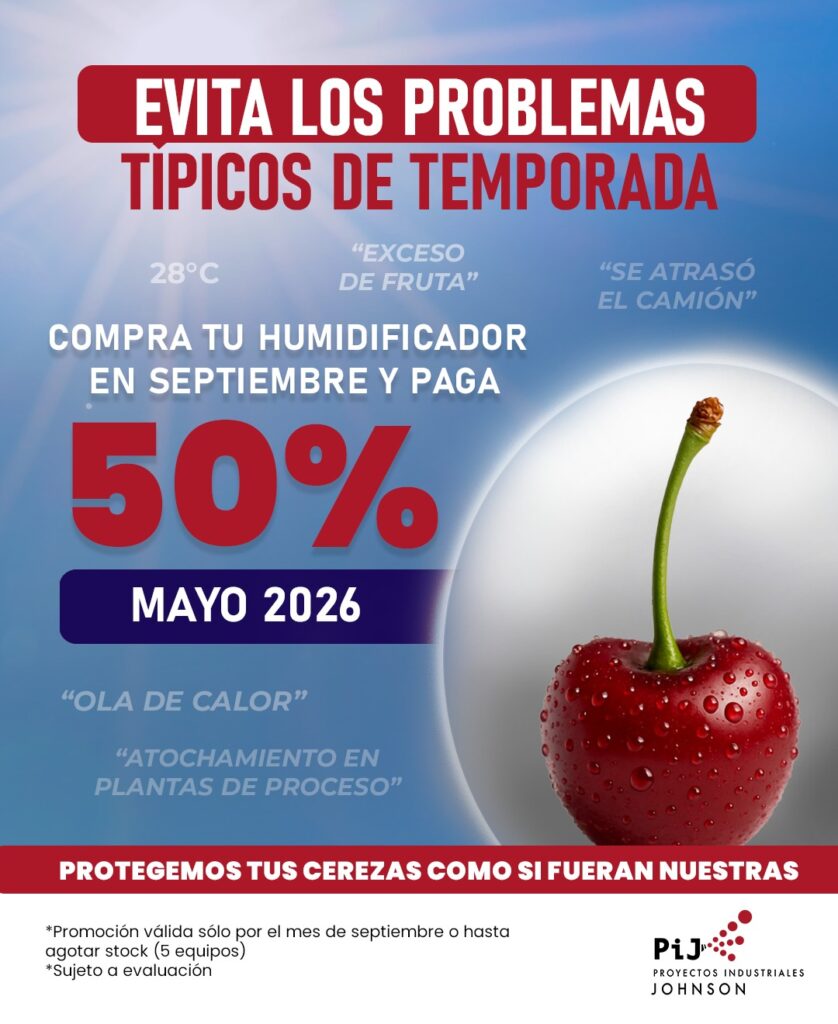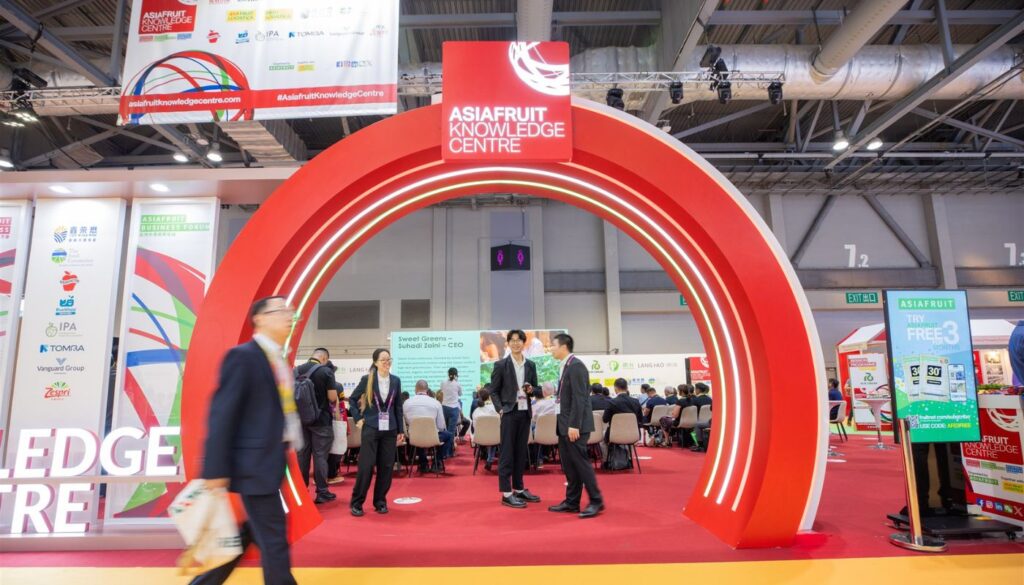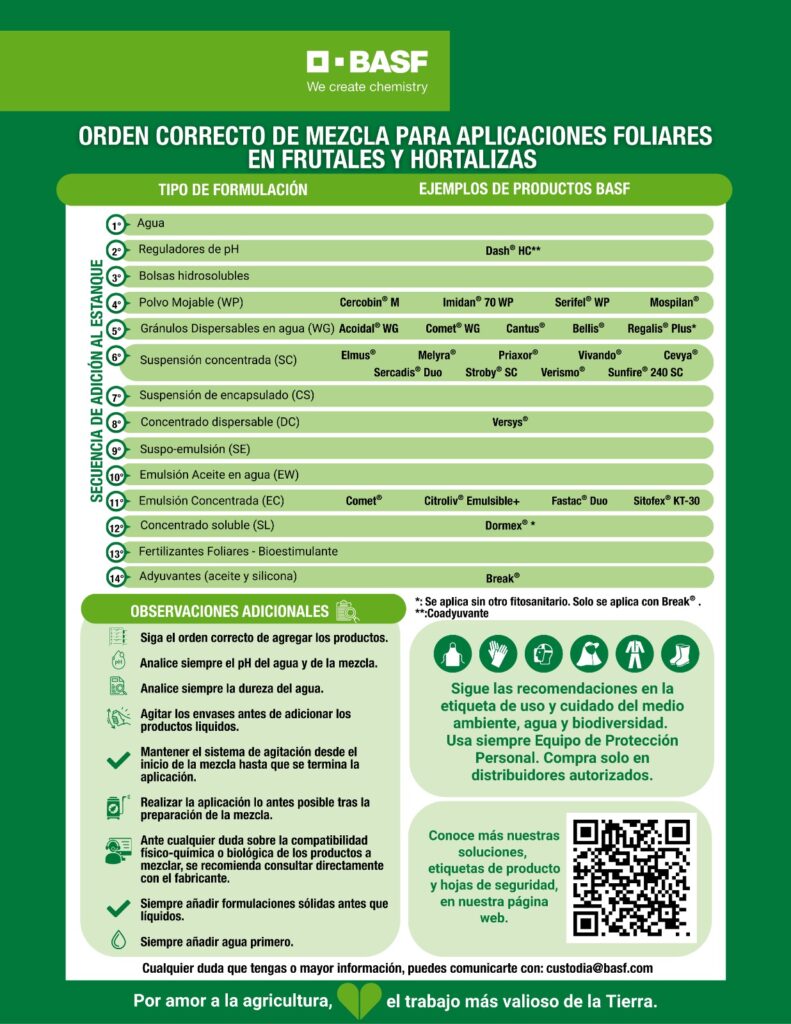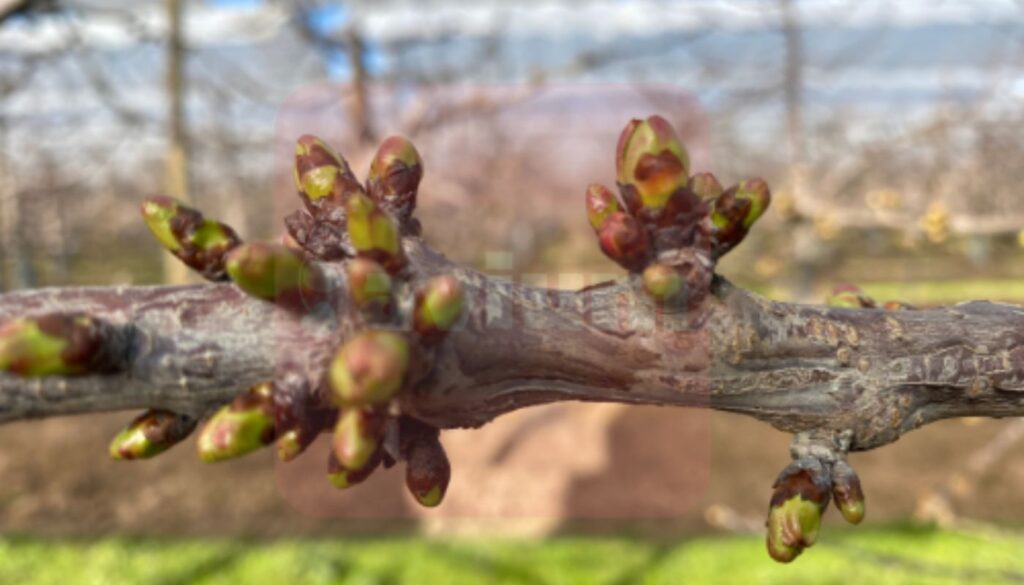In order to learn about the damage caused by recent fires on the farms of small cherry producers in Quillón, Ñuble Region, the president of Asoex, Iván Marambio, together with the general manager of the entity, Miguel Canala-Echeverría, and Claudia Soler, executive director of the Asoex Cherry Committee, visited a group of farmers who were affected by the recent fires in the Region.
The visit was made within the framework of an invitation made by the Minister of Agriculture, Esteban Valenzuela, in which he asked Asoex to join the efforts to raise the agricultural sector in the regions affected by the fires, therefore, the activity contemplated the participation of the Seremi (s) of Agriculture of Ñuble, Gloria Cuevas, the SAG as well as Jorge Esparza, Technical Head of Prodesal of the Municipality of Quillón and Sandra Sáez, Head of Fruit Trees of Prodesal of Quillón.

“We are very concerned about what has happened in the country as a result of the fires. Unfortunately, with the return to school this March and other contingent situations, the issue of fires has lost its significance. Therefore, we believe it is important to go to the field and learn about the impact, and not forget that there are people who continue to need support. We know that a significant number of hectares of agricultural crops have been burned, of which only a few correspond to fruit for export or for the domestic market. However, what small farmers are going through moves us to evaluate what has happened and analyze mechanisms for collaboration with the authorities. There are fruit plantations of small producers that are damaged, therefore, as Asoex, we visit them to learn about their real situation and thus have a more complete picture of what is required.”, said the president of Asoex.
He added: “The figures we have are that there are a total of around a thousand hectares affected. Of this amount, 500 are wine grapes and the rest are fruit plantations, not for export, but no less important, and where the most affected species, here in the Ñuble region, would be cherry trees with around 125 hectares. Therefore, this visit and the conversation with some producers, as well as with local authorities, is very important to plan the aid very well, regardless of whether it is fruit plantations for export or for the domestic market.”
“We are grateful that ASOEX has come to the area to meet the small farmers who are most affected, since their situation is very difficult from now on. It is very difficult for them to continue without support. We think it is very special that the private sector is present, through ASOEX and its representatives here in the area, because we believe in the importance of combining public and private efforts to help small farmers.” said Gloria Cuevas, regional secretary of agriculture for Ñuble and regional director of SAG.
“We are currently coordinating the aid that is coming from the Government. We are finishing the surveys for the reconstruction work that will be carried out. Reconstruction work that is very important, but with the support of Asoex can be even better, because the public and private union will strengthen this reconstruction to be faster and more coordinated. Coordination is essential to achieve the common goal of allowing people to start over again,” the professional pointed out.

On this occasion, four properties affected by the fires were visited, talking with their owners, small farmers from Quillón: Francisco Araya (Cerro Cayumanqui), Alicia Paredes (Sector La Gloria), the married couple María Eugenia Torres and Manuel Pérez (Sector La Gloria) and Laurentina León (70 years old, Sector La Gloria).
“Just this season I had Lapins and Santina cherry trees, which were completely burnt, and those that were saved from being burned were damaged by the fires as well, which is really sad. I still have some Corazón de Paloma plantations, but they are not the same. So here I am looking at what to do and how to start over,” Francisco Araya said.
For his part, Manuel Pérez explained: “I stayed here until the end, trying to rescue as much as I could, but the fireballs flew through the air towards areas where there was no fire, so I had to take off. It was really like being in one of those battles that they show on TV. My wife and I had our cherry trees in Lapins burnt down, as well as tomato plantations, our ponds to store water and also the irrigation system, because we had drip irrigation, and today we are here trying to do what we can, but alive,” explained Manuel Pérez.
Finally, Miguel Canala-Echeverría, general manager of ASOEX commented: “As ASOEX, we believe that being present and supporting people, and in this case small producers, so that they can start over is part of our culture and responsibility that drives us as a sector. We have always been present when the country requires it. For example, we were there when the northern floods occurred, the recent fires and the earthquake, where we supported the reconstruction process.”.
Source and images: Asoex



